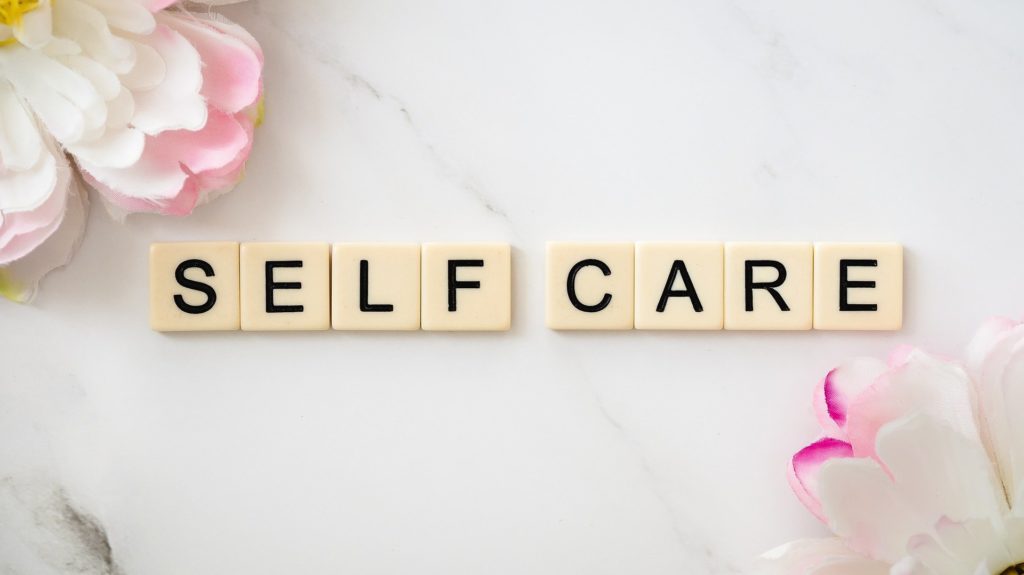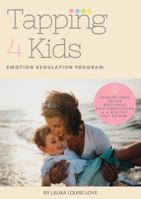“Talk to yourself as you would to someone you love.” – Brene Brown.
When I was back at school I remember hearing that the higher your self-esteem the better your life outcomes and mental health. Today we know more than ever about what kind of self-relating and self-image skills we really need to be teaching kids. Research reveals that artificial high self-esteem is associated with narcissism, bullying, prejudice and sociopathic behaviour to name just a few. We often hear debate in the media about kid’s soccer teams where no-one keeps score and how well sheltering kids from ever facing disappointment in childhood years really prepares children for the next stages of life.
The problem with self-esteem is that when we fail to achieve in some area – we can beat ourselves up and become very self-critical. Self-criticism undermines motivation by increasing cortisol and adrenalin + initiating our internal defence system. These high levels of stress pumping through our bodies over a period of time can lead to the body getting depressed and shutting down. You might not have heard of the term “self-compassion” before but when you hear the benefits – you’ll be a fan! It has all the benefits of self-esteem but without the drawbacks. Self-compassion is a way of relating to ourselves kindly, embracing ourselves as we are, flaws and all. It’s very strongly related to improved happiness, life satisfaction and relationships in addition to decreasing depression, anxiety, stress and perfectionism. This taps into our caregiving system where oxytocin and opiates are released, the chemicals in our bodies that make us feel good! This puts us in the optimal frame of mind for us to do our best.
My top tip for raising compassionate kids:
- Be a compassionate parent – The best way to model compassion for your kids is to lead by example, through being compassionate towards yourself! This involves being honest with yourself about what you’re feeling in front of your children which can be really difficult as a parent. When you are open hearted to yourself, you can be more open hearted to others which gives us all the skills to be resilient in the long term. E.g. Instead of reprimanding your child if they come home with a poor grade by saying “its not good enough” a better approach would be to comfort them, understanding they are disappointed in themselves and see how you can help support them to improve. This creates stable self-worth and strong mental health for you and your children.





Leave a Reply